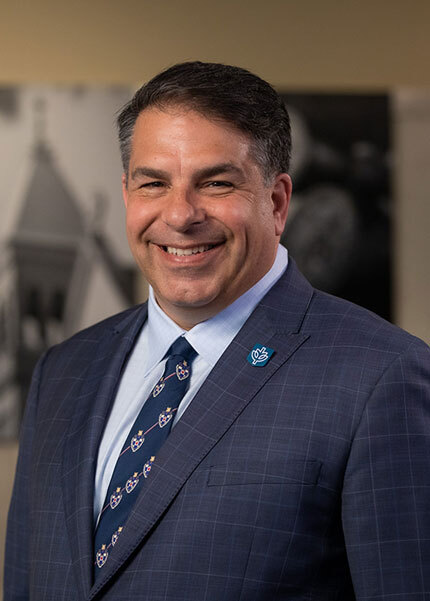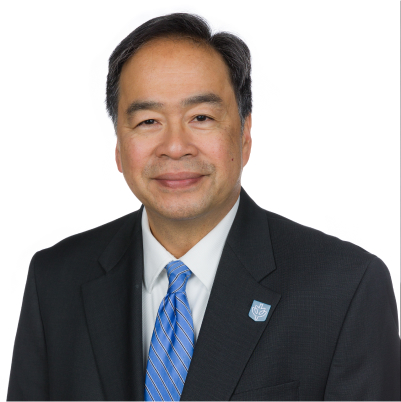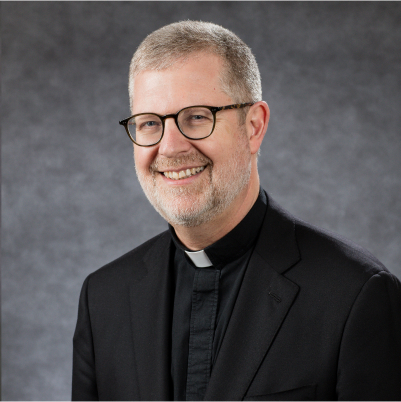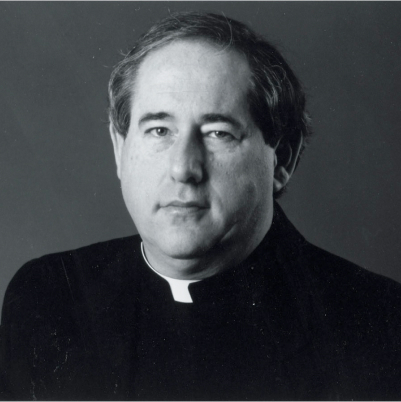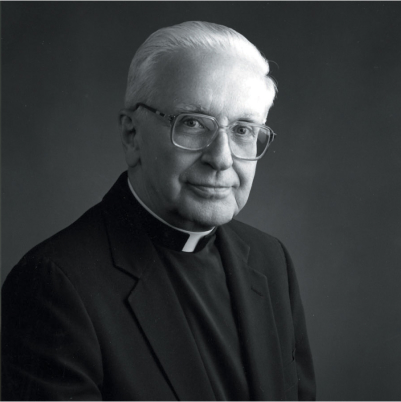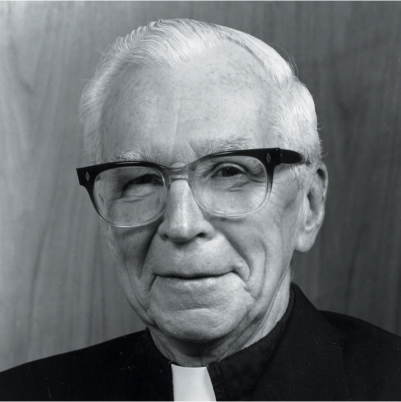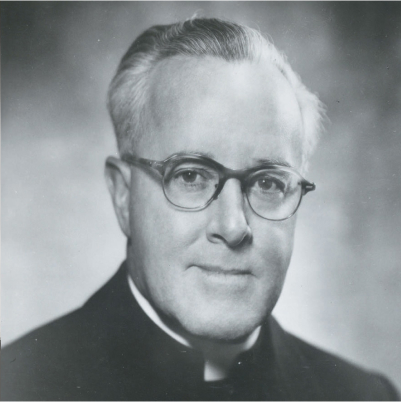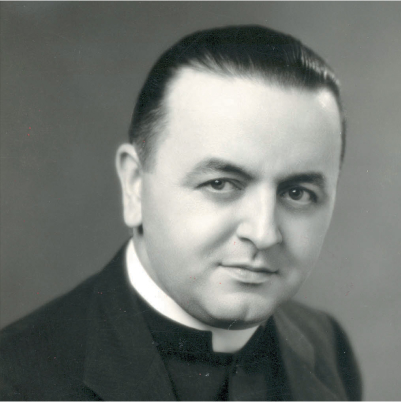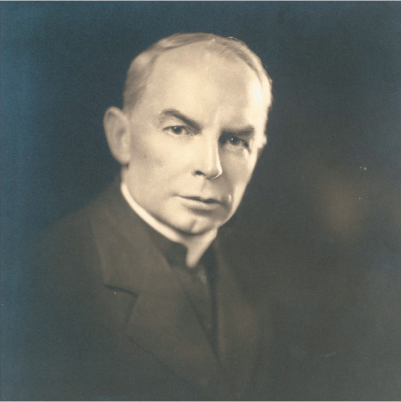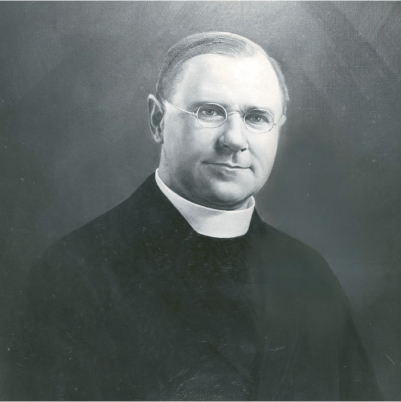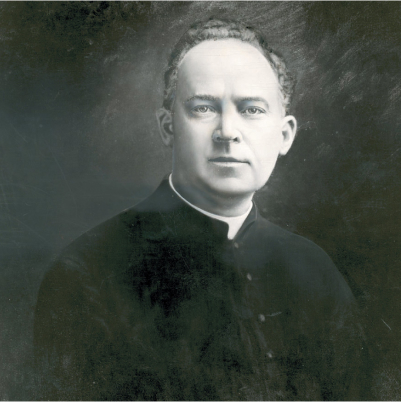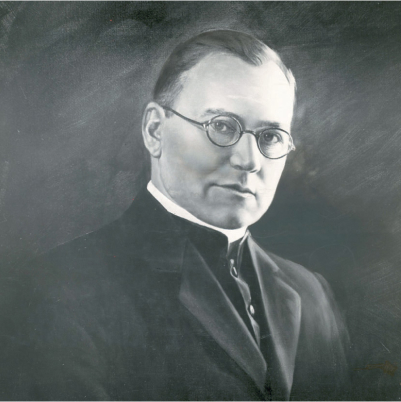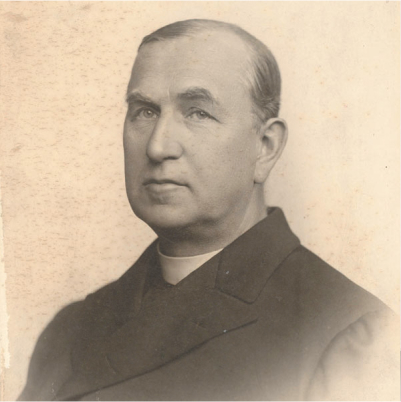Our Leadership
Throughout our 125-year history, DePaul has changed to meet the demands and opportunities of the moment. The common feature in all our change has been our mission—the guiding light to our progress, our connection to the city and our ability to help our students reach their fullest potential.
UNIVERSITY LEADERSHIP GROUPS
While the leadership of DePaul presidents has certainly influenced a great deal throughout our history, our university leadership groups play a large and important role in shaping the future of DePaul.
BOARD OF TRUSTEES
As the governing body of the university, the board is responsible for shaping the corporate directions and strategy that promote the fulfillment of the university’s mission and values, as well as its future well-being, while assuring a high degree of quality in all of its operations and fostering student success. Under the direction of the Board of Trustees, the university president serves as the chief executive officer of the university. Representatives from Staff Council, Faculty Council and the Student Government Association, as well as members of the President’s Cabinet, are invited to Board of Trustees meetings as valued guest members. Representatives from Faculty Council and the Student Government Association also participate in the Board of Trustees’ Academic and Student Affairs committee meetings.
Learn MoreFACULTY COUNCIL
Faculty Council represents all of DePaul’s faculty members, sharing a common interest in the welfare of the institution through collegial governance with other constituents of the university. It engages in faculty governance around faculty’s primary responsibilities over academic and scholarly activities, personnel matters and education interests and policies. Shared governance with university administrators is a key focus for Faculty Council, which is enacted through its participatory and advisory responsibilities related to university-wide academic, administrative and budgetary decisions. Faculty Council was established to ensure full and equal participation of faculty in university governance.
Learn MoreSTAFF COUNCIL
Founded in 1983, Staff Council was created to uniquely support university staff. It examines matters most important to staff and formulates recommendations to university administration to enhance their overall experience. It serves as the official liaison between staff and other university constituencies and is a recognized and important part of DePaul’s shared governance model. Staff Council provides a forum for staff concerns, represents staff in university planning and decision-making processes and preserves DePaul’s Catholic, Vincentian and urban identity by prioritizing our mission and the well-being of staff.
Learn MoreSTUDENT GOVERNMENT ASSOCIATION
The Student Government Association (SGA) prides itself in its commitment to promoting and advocating the student voice and opinion, no matter where they are studying or engaging from. As the main representative body for nearly 22,000 students, SGA’s mission is rooted in pursuing equity, promoting diversity and inclusion, and furthering holistic well-being at DePaul.
Learn More